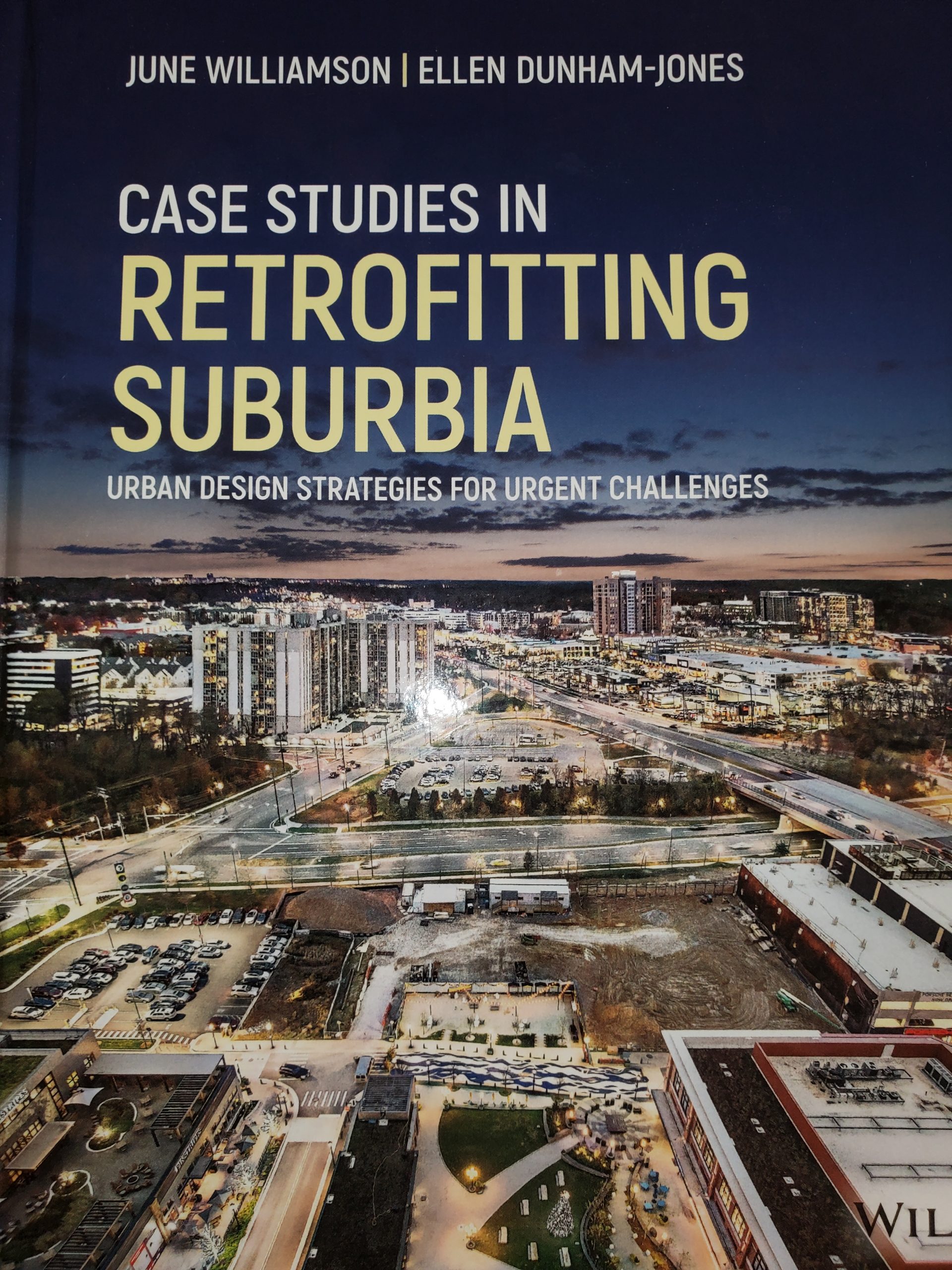By June Williamson &
Ellen Dunham-Jones
February 2021
URBAN DESIGN STRATEGIES FOR URGENT CHALLENGES
However, business incubators shouldn’t only focus on high tech. Too often the “innovation economy” privileges large corporations that can afford robots, and patent attorneys. Lower-tech food and farming businesses tend to be highly local and compete well against e-commerce. For example, cannabis production and sales have dramatically reduced vacancies in strip malls and warehouses in states where marijuana has been legalized. As such businesses grow more corporate, communities should consider subdividing large retail spaces into “mercados” that provide launching pads for smaller entrepreneurs.
That’s been the case at Grow Desoto Marketplace, a business incubator in a Texas strip mall. When the only retailer interested in occupying the vacant space was 99 Cents Only Stores, the mayor asked the owner, Monte Anderson, “Is there anything better we can do?” Together, they came up with ways to lower the barriers to entry and kick-start locally owned start-ups, many of which are eateries and most of which are Black-owned businesses. At “Pitch Mondays” entrepreneurs pitch their proposals to earn one of the 60 spots with reasonable rents, build-out construction costs included, and access to a marketing consultant. In 2019 it was 80% leased. Anderson said, “What I find in the African American community is an extreme amount of creativity and a lack of experience when it comes to access to practice business. I think it’s so important that we figure out how to build wealth for local people, bottom line.”‘

